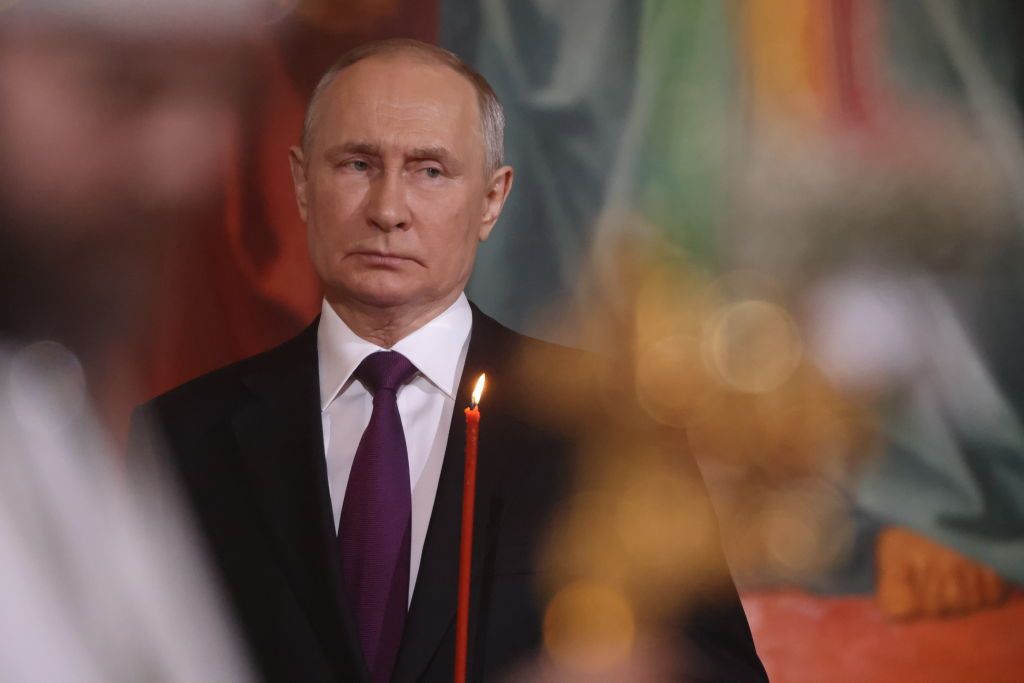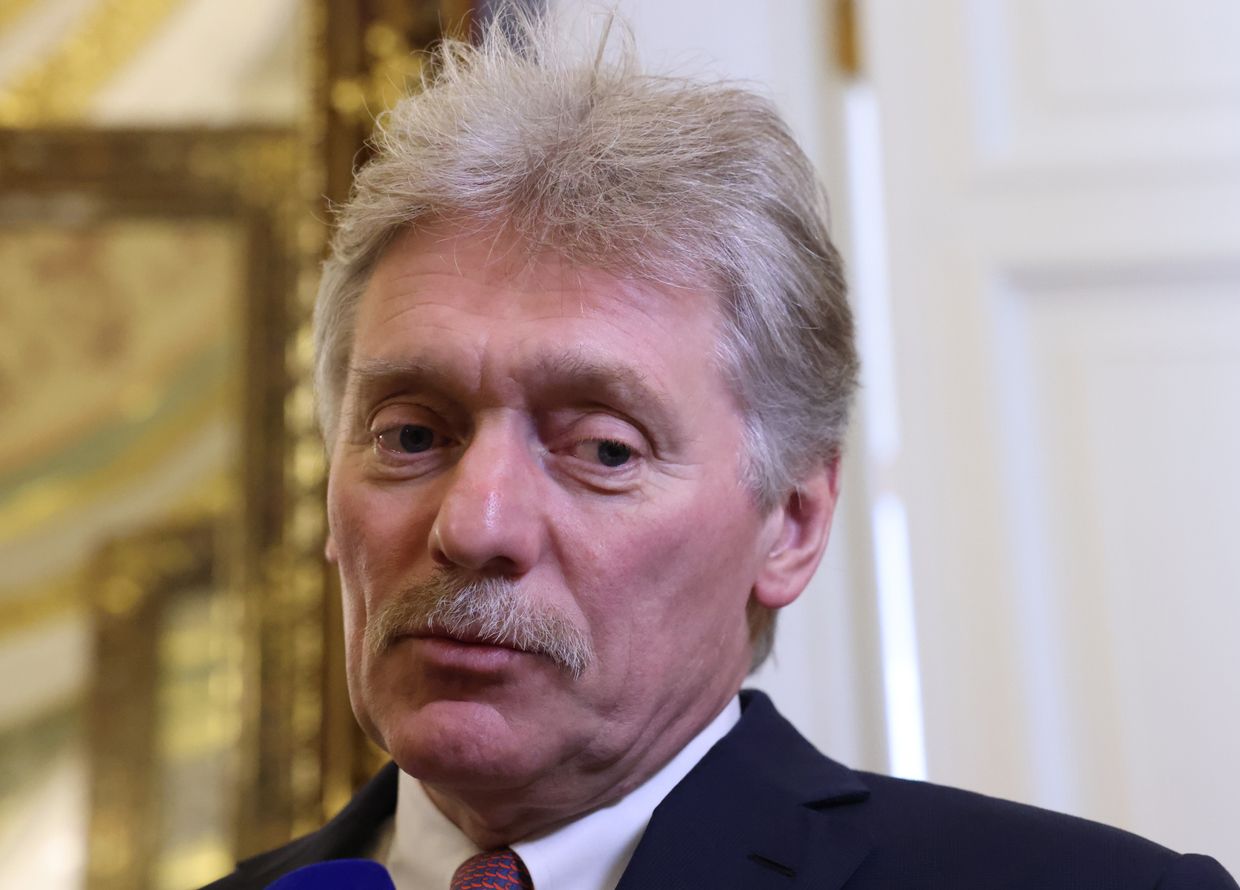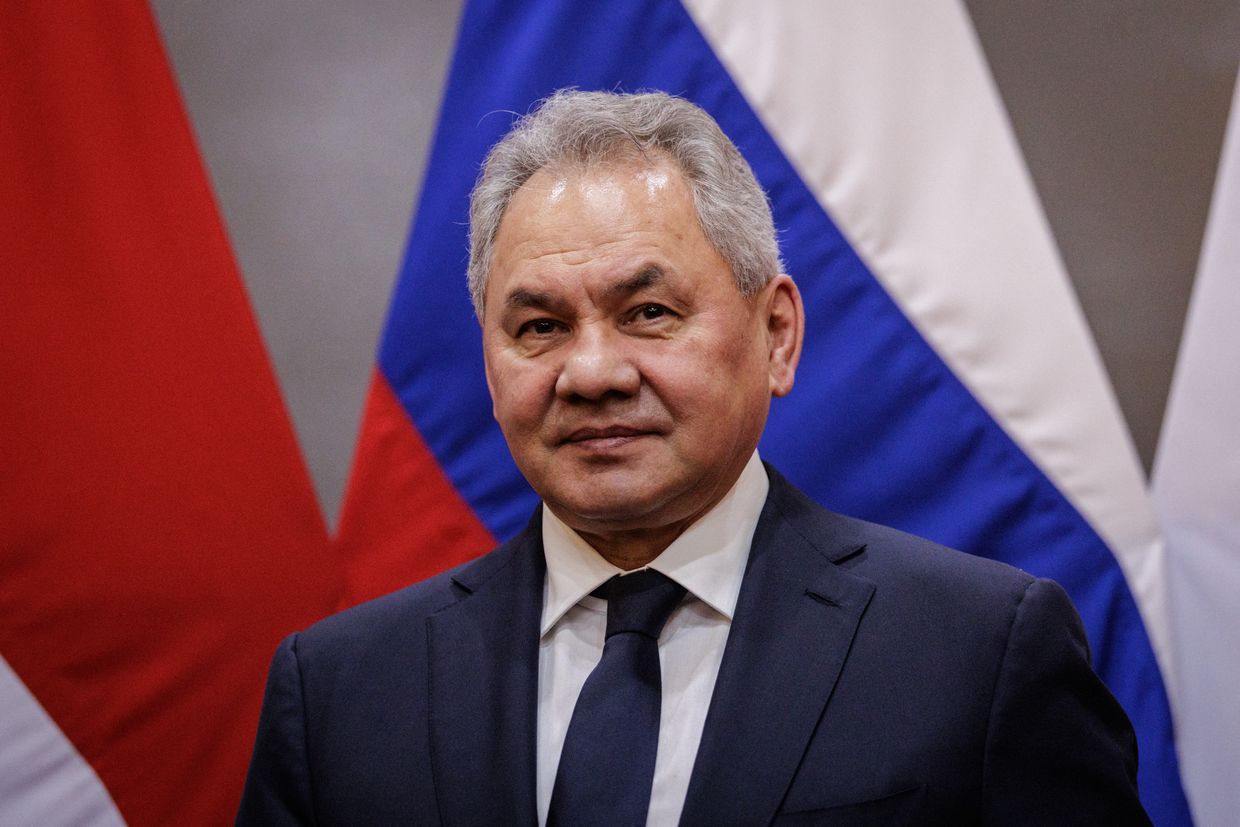The Kremlin said on April 29 that launching negotiations with Ukraine takes priority over what it calls President Volodymyr Zelensky's "legitimacy issues."
"Indeed, there are legal issues related to legitimacy, but in this case, starting the peaceful settlement process takes precedence, and the primary thing is to begin this negotiation process," Kremlin spokesperson Dmitry Peskov told journalists.
All other concerns are "secondary," Peskov said, according to Interfax news agency. The comments come as Russian President Vladimir Putin announced a three-day truce on May 8-10 while continuing to reject Kyiv's call for an unconditional ceasefire.
Kremlin propaganda has pushed the narrative that Zelensky is an illegitimate leader, relying on the premise that his first presidential term was originally meant to end on May 20, 2024.
Ukraine's constitution prohibits elections during martial law, which has been in effect since Russia's full-scale invasion began in 2022. As a result, Zelensky's term has been extended, which constitutional lawyers argue is permitted under Ukrainian law.
Zelensky has said the elections would be held shortly after the end of martial law, as stipulated by the legislation.
U.S. President Donald Trump, who seeks to broker talks between Kyiv and Moscow, briefly adopted the Russian narrative in February, calling Zelensky a "dictator without elections" and urging Ukraine to hold a vote as soon as possible.
The U.S. president has since then seemingly moved away from this position, even saying he was "pissed off" with Putin's fixation on Zelensky's credibility and leadership.
Radio Free Europe/Radio Liberty recently reported that the U.S.'s demand for swift elections in Ukraine has quietly "disappeared" from Washington's talking points, much to Europe's relief.
In recent days, Trump has nevertheless been voicing frustration with both Kyiv and Moscow over the stalled peace efforts and warned that he might exit the process unless a deal is achieved soon.
"(President Trump) has made it clear he wants to see a permanent ceasefire first to stop the killing, stop the bloodshed. And while he remains optimistic he can strike a deal, he's also being realistic as well," White House Press Secretary Karoline Leavitt said.
Russian officials have signaled their supposed willingness to enter into peace talks with Ukraine, even as they continue to push their maximalist demands. These include international recognition of its claimed annexation of Crimea and four other partially occupied Ukrainian regions, a ban on Kyiv's entry to NATO, and the country's demilitarization.














